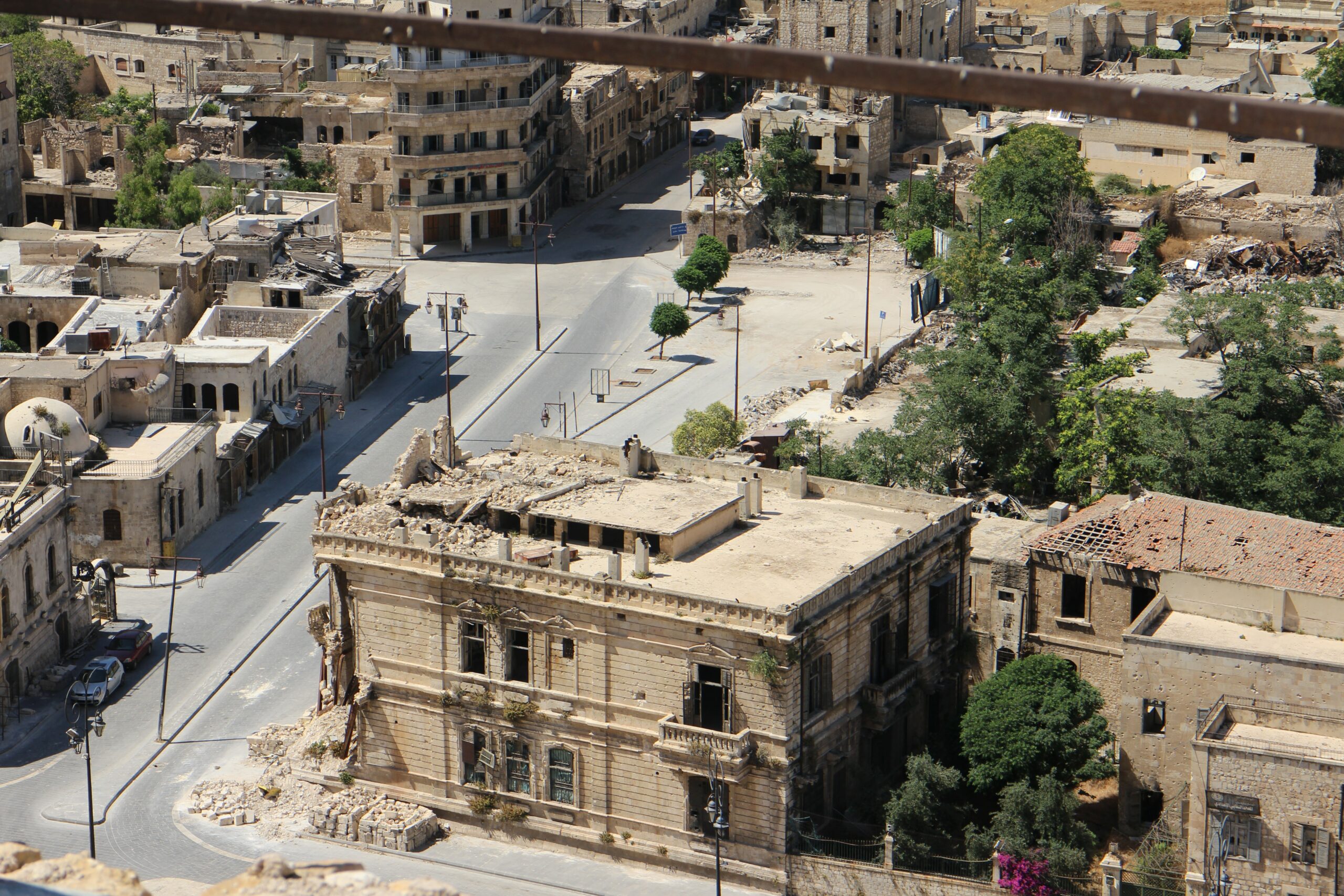Table ronde n°6 de l’Observatoire Chine, 23 novembre 2015, avec le Pr. Yitzhak Shichor (University of Haifa)
“China and the Syrian crisis” could appear as a relatively narrow research topic. However, it has profound ramifications for China’s foreign policy, particularly in terms of relations between China and the Middle East, but also in terms of Chinese perceptions of Asia and the Middle East. Not only is China’s policy towards these two regions connected, hence not exclusive, but it relies more on continuity than change.
China’s management of the Syrian crisis could be best summarized by the Chinese proverb “do nothing and yet do everything» (道 常 无为 而 无不 为), meaning China is trying to do as little as possible but yet trying to gain as much as possible. Another key concept to describe China’s behaviour is «active passivity», also expressed by the proverb “distant water cannot put out a nearby fire” (远水救不了近火).
Pr. Shichor’s main argument made during his presentation is that China’s Syria policy is not about Syria, but about the Middle East and key diplomatic principles.
- China’s four stages crisis management
- Stage 1: Local Level
- Stage 2: Regional Level
- Stage 3 : UN level
- Stage 4: Unilateral Level
- Impact on China’s bilateral relations
- China-Russia
- China-United States
- China-Arab countries
- China-Turkey
- The Syrian crisis as an open laboratory for China
- Q&A




